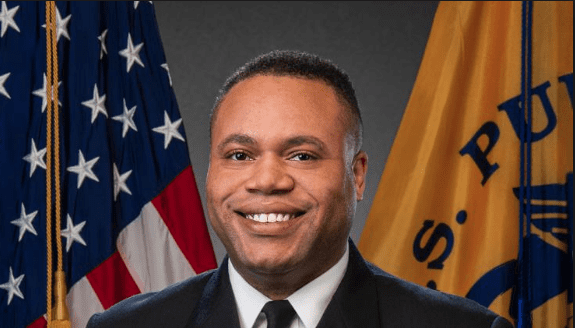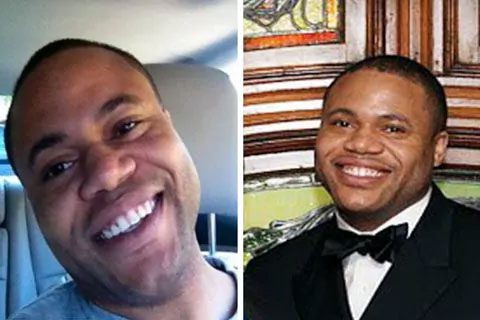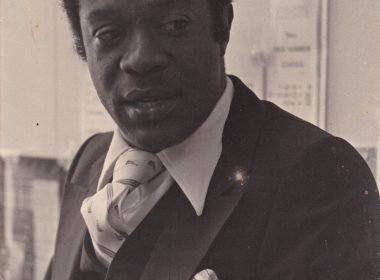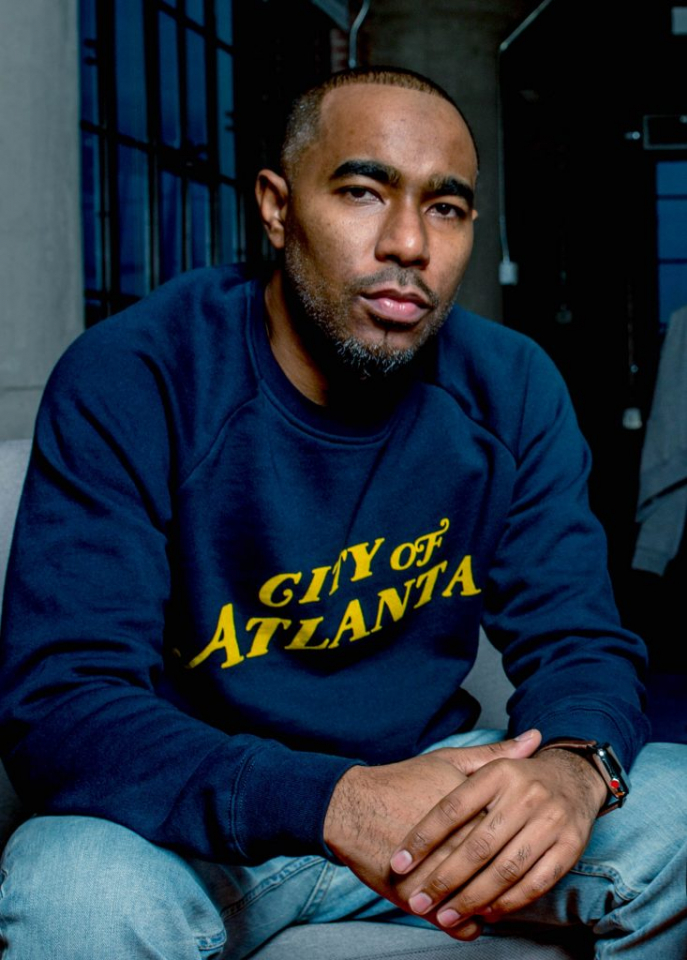
Music industry veteran Donald Albright, half of the two-man team that makes up Tenderfoot TV, produces the wildly popular podcast, “Up and Vanished.” They recently presented Atlanta Monster, a 10-episode series about the Atlanta child murders. Between 1979 and 1981, 29 Black children, teens, and young adults — mostly males — were kidnapped and murdered. It made national headlines. The serial killings caught the attention of Albright, an Atlanta transplant who hails from California, who was actually only 2 years old at the time, but the story is still very much a part of Atlanta’s story among Gen X-ers. Their podcast has since passed over 150 million downloads.
In 2016, Albright joined friend and music video director, Payne Lindsey. They launched Tenderfoot TV, a content creation company that works with fellow creators to bring stories to life through an array of entertainment media — including podcasts, live shows, television, film, and other digital platforms.
Albright shares how he pivoted and pressed reset after music industry burnout.
How did you arrive at this career choice? Was it a deliberate decision or a gradual and natural evolution?
I’d say that both are true in my case. I made a decision to keep my options open and start a side hustle when I began to feel burnt out of the music industry. Getting into the business of content creation/storytelling, specifically in podcasting, was a natural progression, because, even in music I was telling, guiding and creating stories. It has now just evolved into a new medium.
What separates you from others in your field? What is unique about the experience that you create?
I think that my perspective is what separates me. I’m not exactly a podcaster by definition, I’m an entrepreneur with 20 years of music business experience, mostly in marketing and talent management. The things I’ve learned on the music side haven’t been widely applied to podcast marketing or production just yet. We zero in on sound design, emotion, and opinion in our storytelling, which makes our podcasts unique. At the end of the day, we want to make sure the experience is informative but still entertaining.
For those considering entering this arena, what skill sets do you recommend mastering? What traits are most conducive to success?
Hustle and belief are all you need, and that goes for anything you do. Those two things will keep you going. The one thing you have to realize is that there are no rules. Despite what the establishment may tell you, be creative and make the show that you want to make.
Do you think there are widely held misconceptions about what you do? If so, what are they and how do you work to dispel them?
Absolutely. Most people don’t actually know what a podcast is, even if they think they do. Podcasts are not just online radio shows. They can be, but they can also be audio documentaries, scripted comedies, or audio dramas. It echoes what I mentioned about there not being a set of rules for podcasting.
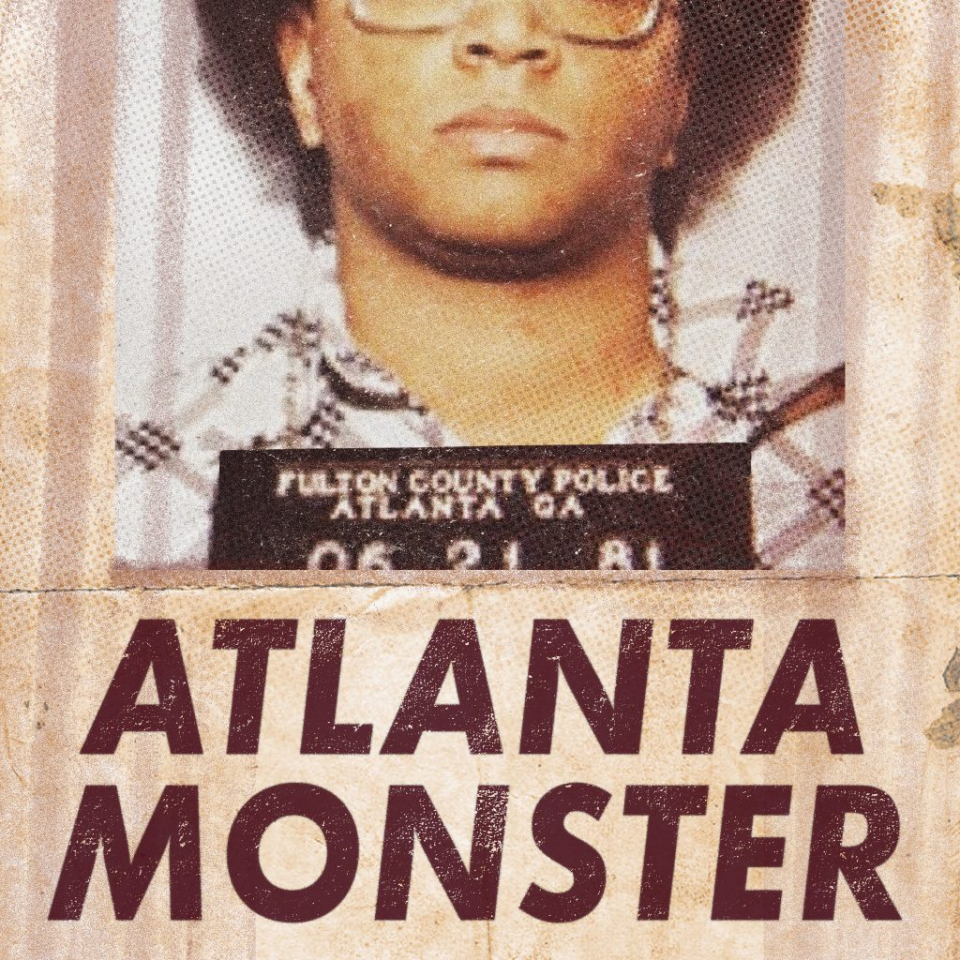
How do you map out your goals? How do you measure your success?
It’s all about ideas, talent, and how well you can marry the two. We conceive new show ideas, identify the audience, find the talent, and produce a show that we are proud of. If we do that, we’ve done our job as creators. We put it out to the people and market it. Our results are measured by analytics, but more importantly, we hope our audience takes something positive away from their listening experience.
Who do you consider to be your peers in your field? Who do you see/use as examples for you to emulate?
Tenderfoot TV is in a special spot right now. We’re a very small content creation company with two really big podcasts. We’re in a unique position since we’re telling stories through podcasting, but we’re also not 100 percent a podcasting company since we have projects in the works that span across TV, film and other platforms. We’ve recently had the opportunity to collaborate in a big way with HowStuffWorks, and really admire companies like Gimlet and Wondery for their work as well. As far as creators that I would like to emulate, one of them is Marc Smerling. He successfully transitioned from film producer to successful podcast producer, then back to film/TV. He is maximizing his properties in multiple mediums, and that’s the kind of space Tenderfoot TV is in right now.
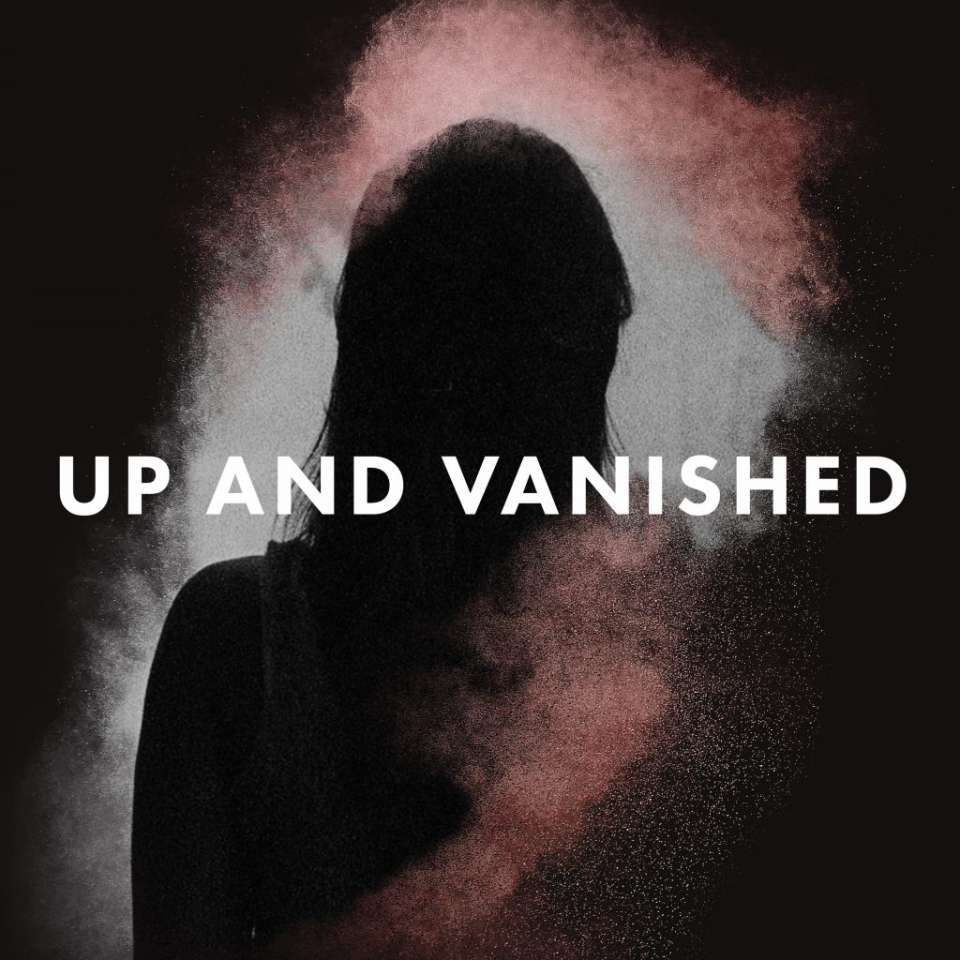
Name two of your top role models: one from your industry and one from outside of it.
Within entertainment, it would have to be my friend of 20 years Henry “Noonie” Lee. I can ask him anything and get an honest answer. He leads by example and taught me that you have to jump into opportunities with both feet and bet on yourself. Outside of the industry, my dad is my role model. He’s an example of what it means to be a man and to work hard. I wouldn’t be an entrepreneur today if he didn’t set that example for me as a child. Seeing “Albright Construction” business cards and seeing his logo on the side of his truck planted the entrepreneurial seed in me at an early age. It was my first and only career choice.
Name three books, works, performances or exhibits that changed how you view life or yourself.
○ The Autobiography of Malcolm X
○ Barack Obama’s 2008 Inaugural Speech
○ Robert Townsend’s Hollywood Shuffle
Why do you consider continued learning important?
You can never be too prepared for tomorrow, and tomorrow could be the start of a completely new career for you.
What software, app or other technological innovation has made the biggest difference in your life or career?
From a podcasting standpoint, it’s the Apple Podcasts App. There are over one billion Apple devices in use around the world, all with the native Apple Podcast App, and Apple has more than 50 percent of the podcast market share.
Please define your personal brand.
I’m the underdog [who] will never be satisfied with my position. I don’t set realistic goals that I want to or believe I can reach, I set out to accomplish things that I shouldn’t be able to. I started my entertainment career at the bottom of the music industry as a street team member, which is considered lower than an intern. I built my brand through success as an entrepreneur and I’ve always fought from the bottom up, outworking, and outlasting my peers.
What keeps you inspired?
Fearless people like artists and activists who are not afraid to push boundaries, and risk it all unapologetically being themselves. Kendrick Lamar, Colin Kaepernick, Issa Rae, Charlamagne Tha God come to mind to give you an example.

